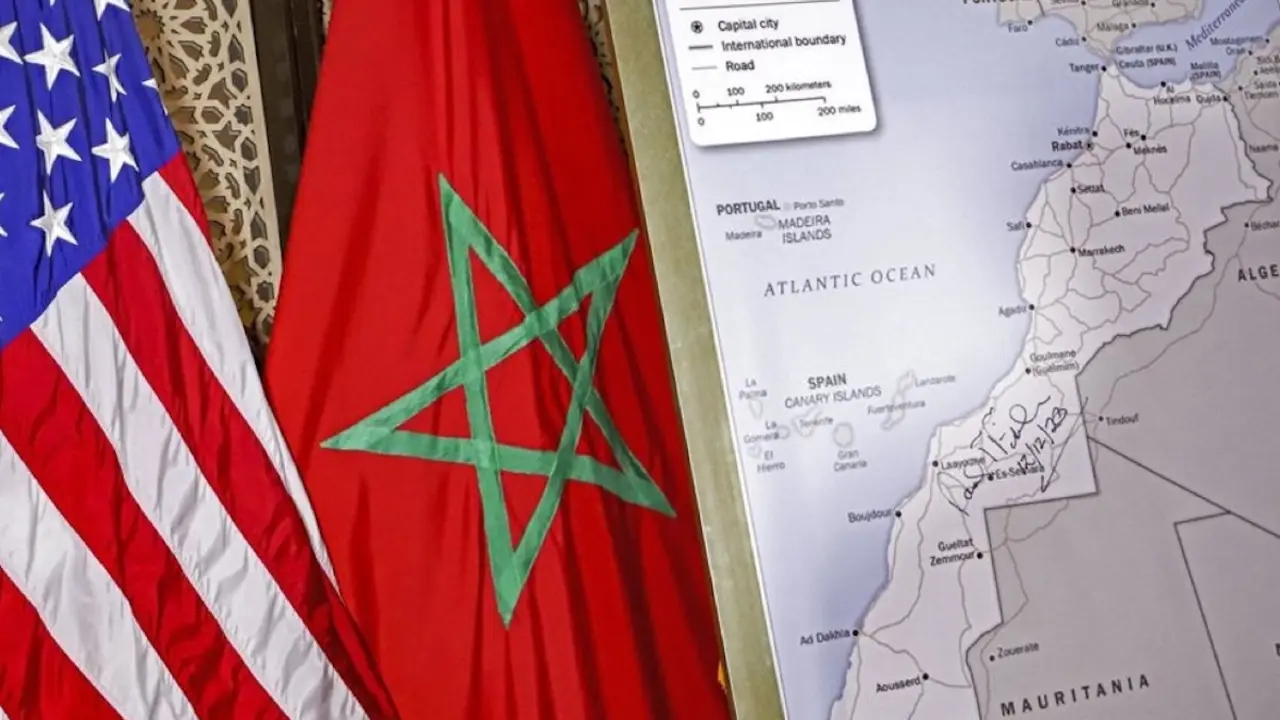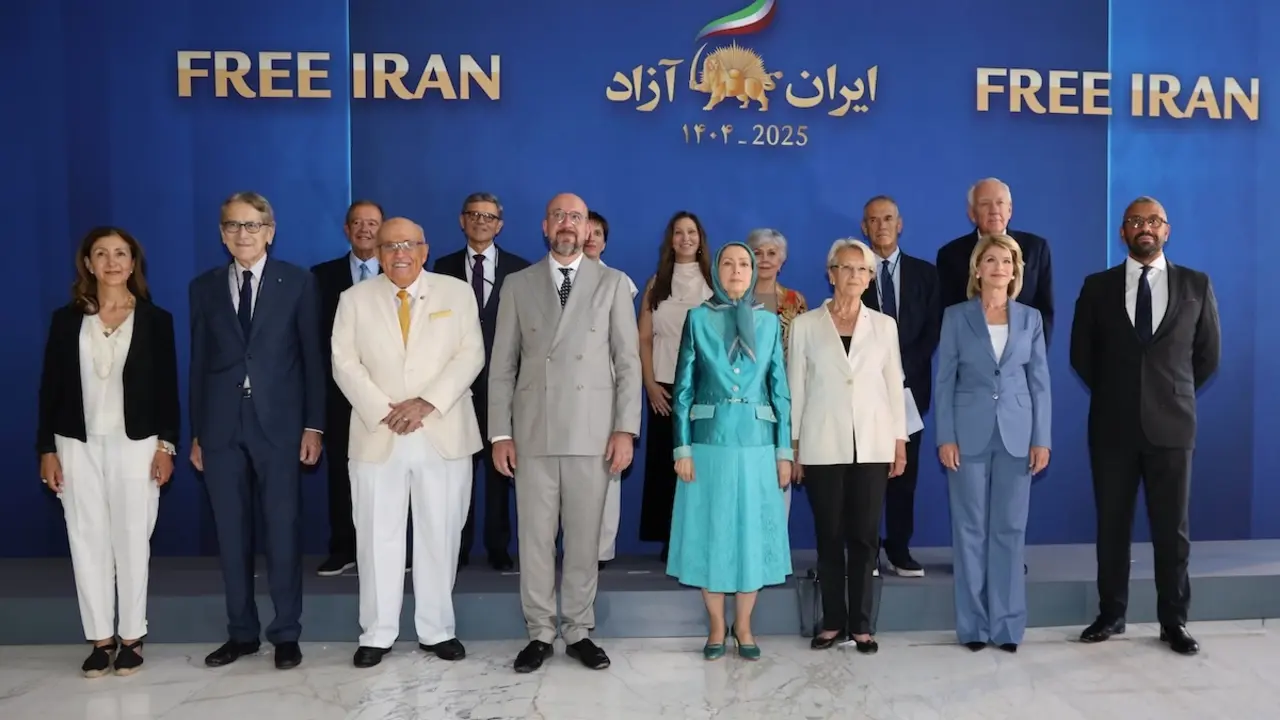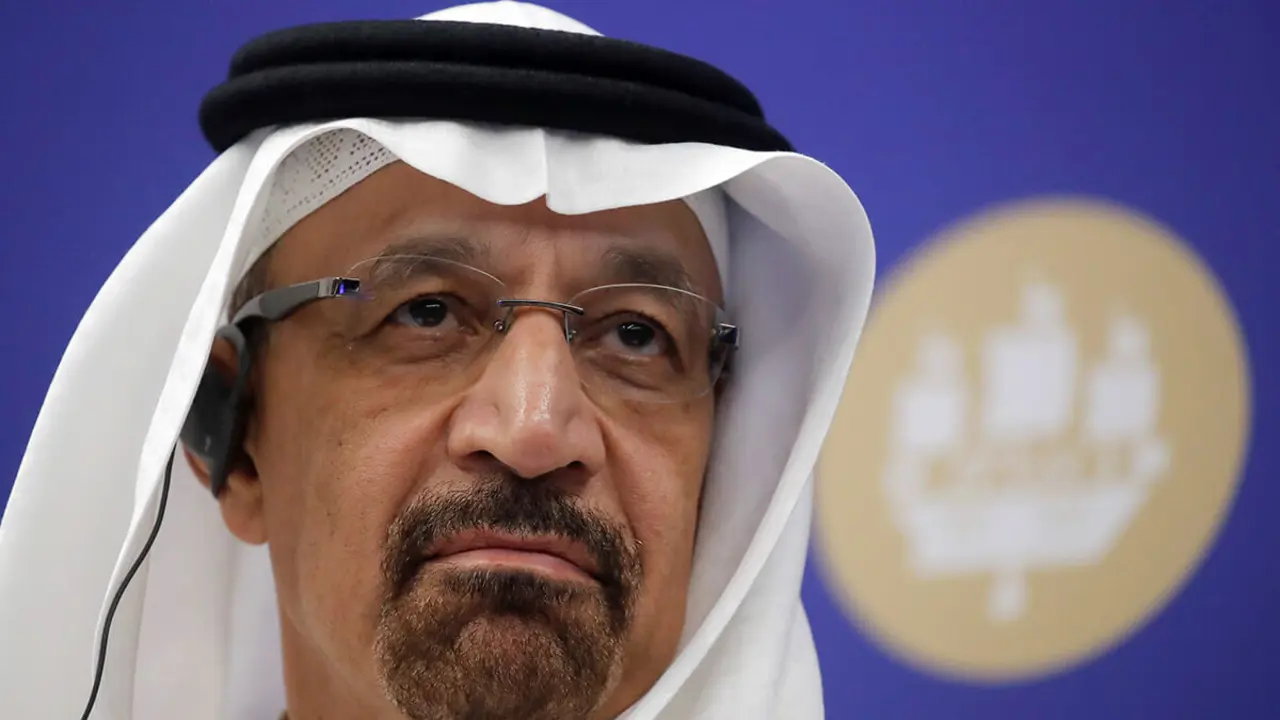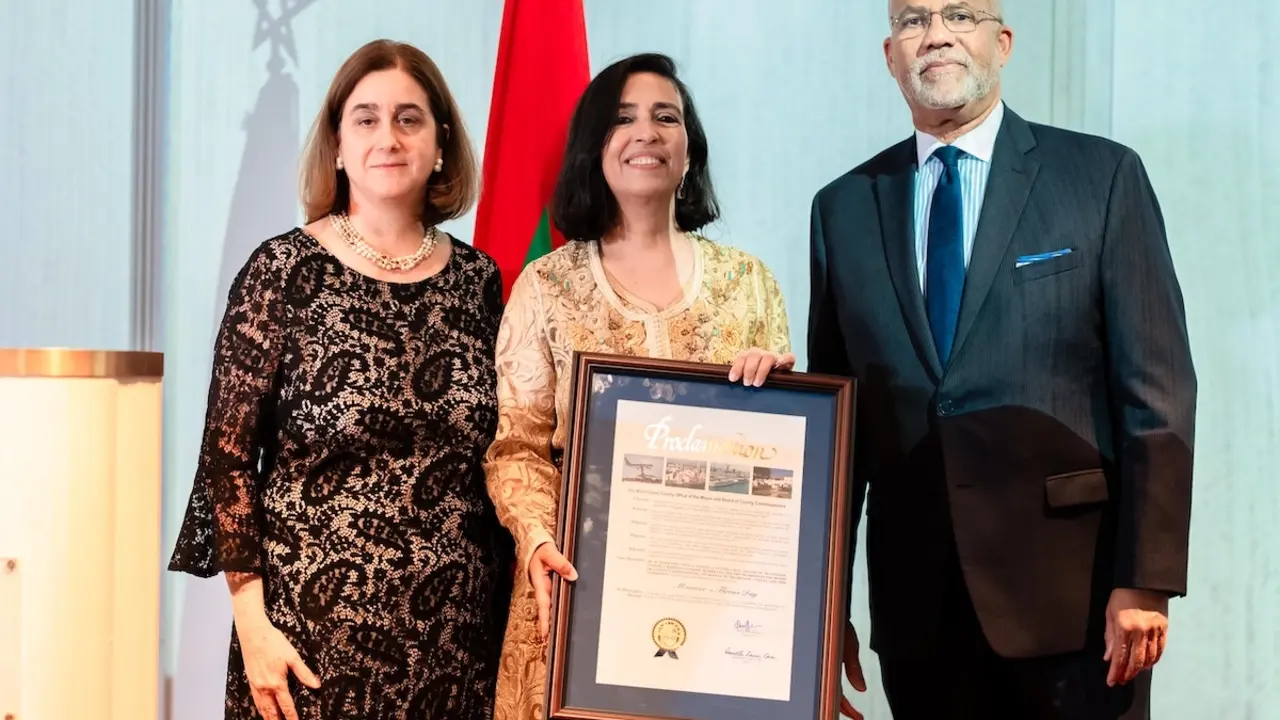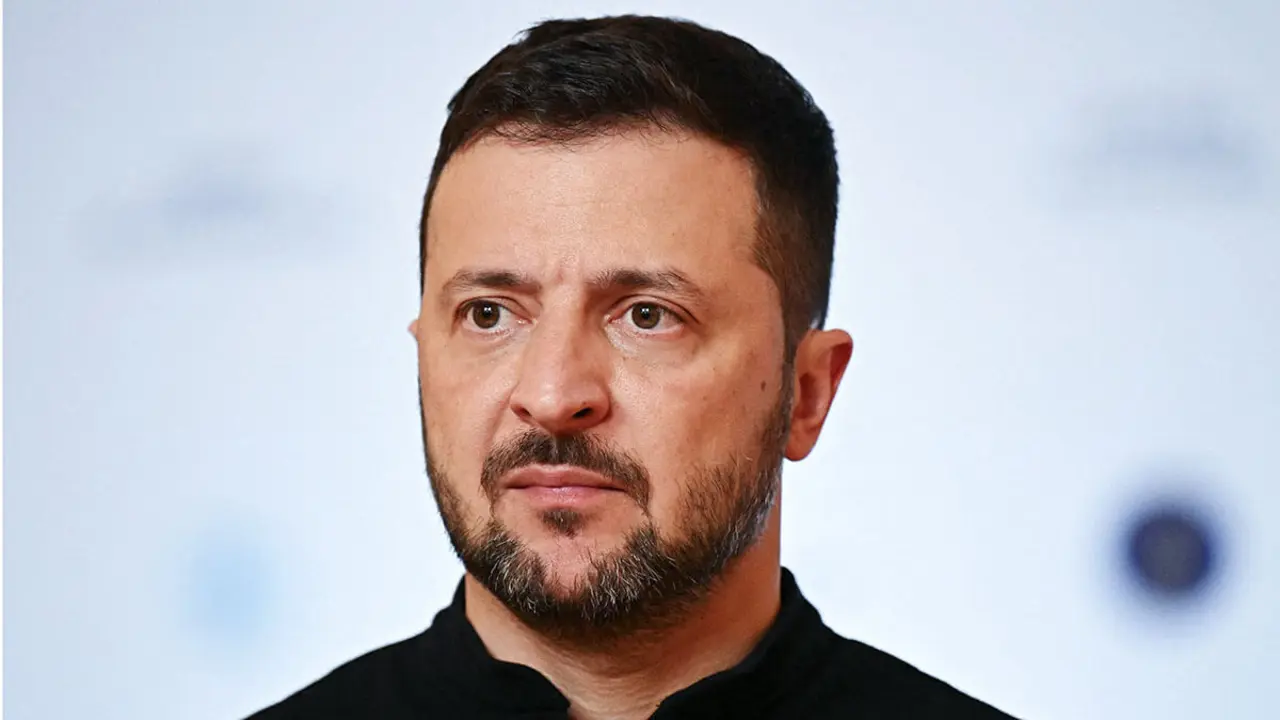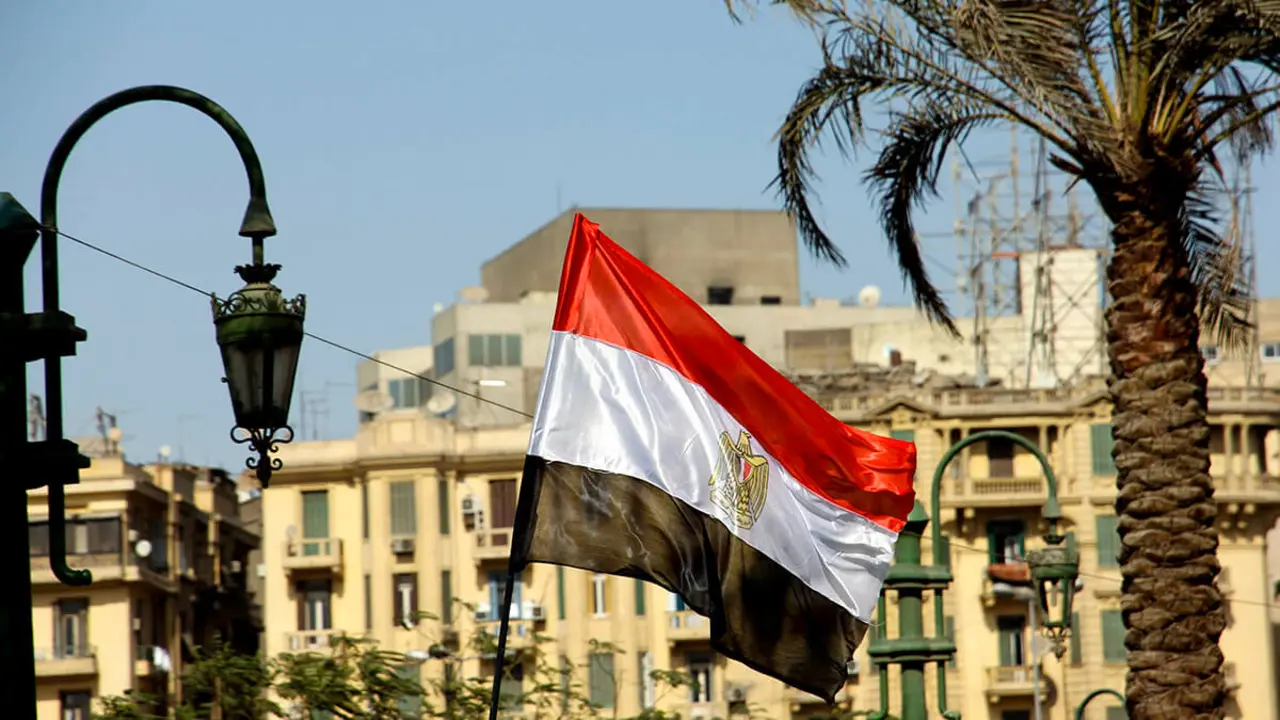Paramilitary groups close to the Libyan government ask to join a National Guard
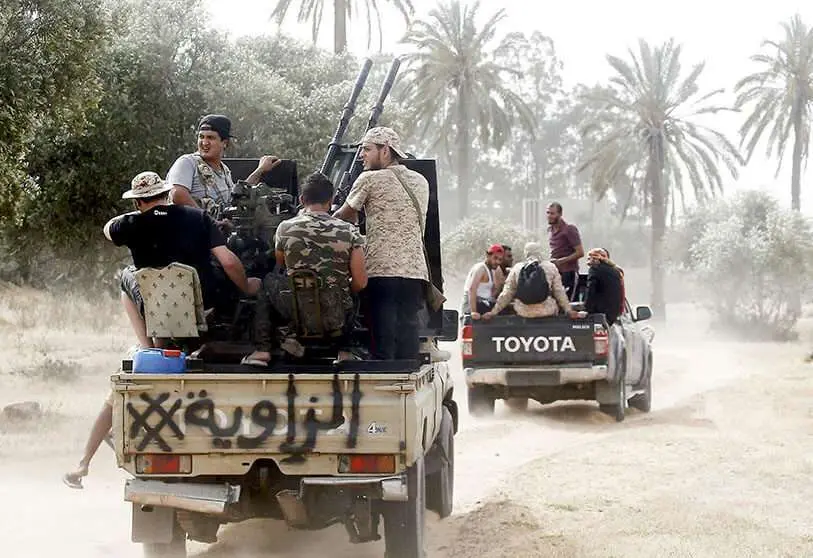
The paramilitary groups that have helped the Libyan Government of National Accord (GNA) to defend itself from the offensive of the Libyan National Army (LNA) of Marshal Khalifa Haftar during these last months have requested their entry in a future National Guard to obtain a more stable situation in their way of life in the face of the national economic crisis and the existing instability.
Members of these armed commands have asked the House of Representatives and the High Council of State in Tripoli to establish a budget for this new corps, which would have among its objectives the recovery of Libyan arsenals scattered during the civil war between Fayez Sarraj's ANG and Khalifa Haftar's LNA.
Through a statement, the militias have urged all revolutionary fighters and support forces in Libya to thwart "coup projects" by joining the National Guard, as has been reported by the Libya Observer.
The creation of a National Guard was agreed on by the Tripoli government in 2015, but it has been paralysed since then owing to the chaotic scenario in which these militias, which constantly accuse each other of treason, operate.
Furthermore, some elements of Libyan policy, such as the former head of the Defence and National Security Committee of the former National Congress, Abdelmoneim al-Jasir, fear that this National Guard will become an extension of Turkey's influence (an ally of the Tripoli government) in the country's armed strategy, according to The Arab Weekly.
The Eurasian country presided over by Recep Tayyip Erdogan has been deeply involved in Libya's civil war since the pact signed at the end of 2019 with the Sarraj government securing Turkish military support and dividing up economic areas in the Mediterranean for the exploitation of hydrocarbons. This Ottoman expansionism has been denounced by certain countries such as Greece and Cyprus, in view of the violation of their own maritime borders by these Turkish prospections. Precisely, the Ottoman intervention stopped the trend of war that was favourable to the LNA of Khalifa Haftar, which had launched a major siege operation on the bastion of the GNA in Tripoli in April 2019 and which saw its progress slowed down by this incursion of the Eurasian country that helped Fayez Sarraj's forces to recover positions, even threatening enclaves such as Sirte.
Libya's civil war has become an internationalised conflict involving various foreign powers with specific interests in the North African country. Thus, the GNA receives the aforementioned support from Turkey and the support of Qatar and Italy, in addition to being internationally recognised by the United Nations (UN) since 2016. Meanwhile, the LNA is supported by Russia, France, Saudi Arabia, the United Arab Emirates and Egypt. It should be stressed here that foreign intervention is carried out through mercenaries; as in the case of Turkey's participation, which sent paid soldiers from the Syrian war who, according to many analysts, are linked to groups that were linked in the past to Jihadist terrorist entities such as Daesh or al-Qaeda. Or as in the case of Russia, which is present with the Wagner Group, a private mercenary entity that collaborates with the Russian Kremlin.
Despite the difficult situation, the Tripoli government and the parliament linked to the other eastern executive of Tobruk, which is associated with the LNA, have recently come closer thanks to the summits held in Bouznika (Morocco) and Hurgada (Egypt) with a view to calming the situation and reaching a final understanding on ending the war.

